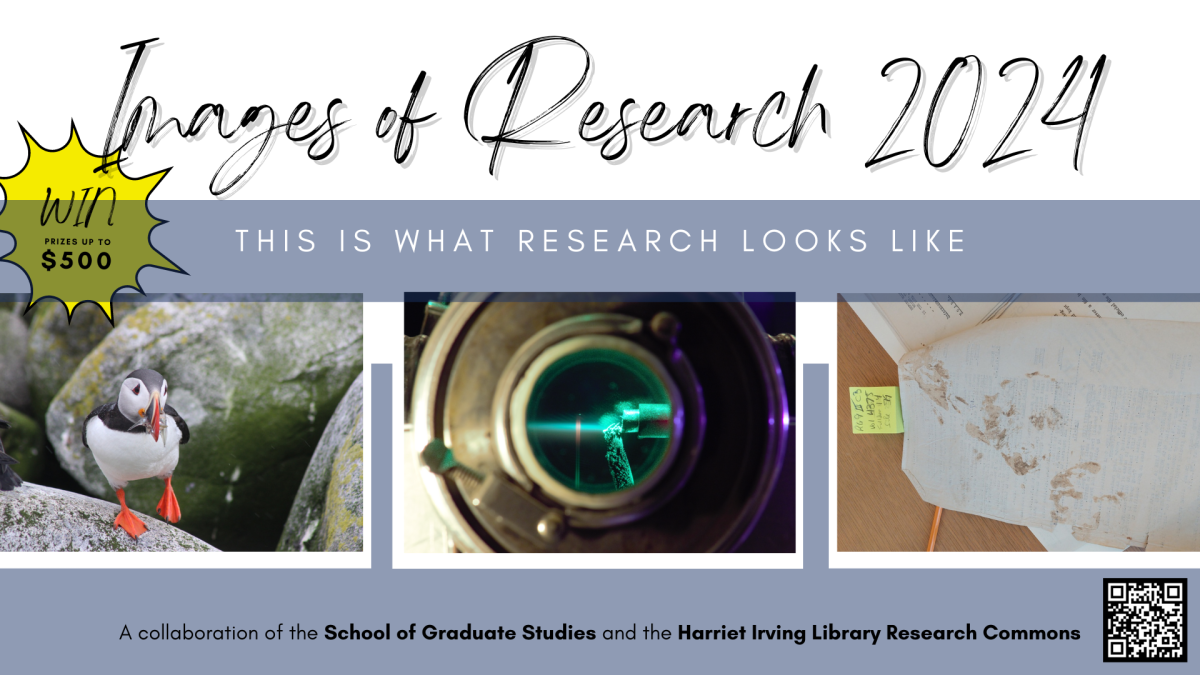
Images of Research challenges graduate students to produce a 2D image that best represents their research, accompanied by a brief explanatory text.
The Harriet Irving Library Research Commons and the School of Graduate Studies announce the winners of this year's Challenge.
Winners for Images of Research 2024 are:
First Place:
Your Footstep: The Key to Digital Identity by Ala Salehi

Second Place:
The Precious Rings of Life by Keelie Taylor
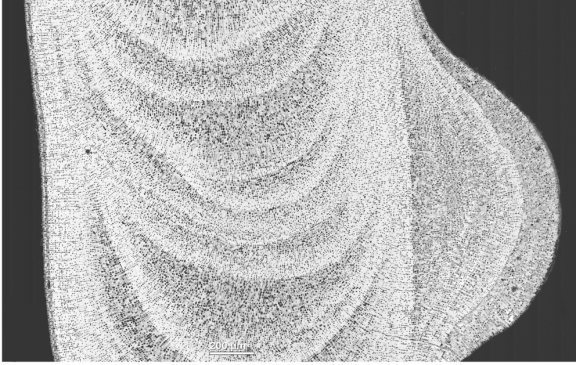
Third Place:
Promiscuity and the East German Stasi by Jordyn Bailey
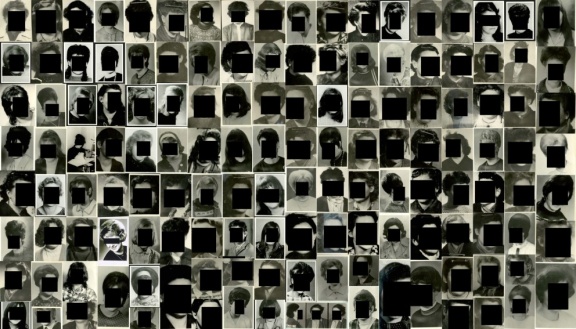
Runners up:
The Emerging Life by Isabela Freire

Searching for a needle in a haystack? by Kiirsti Owen
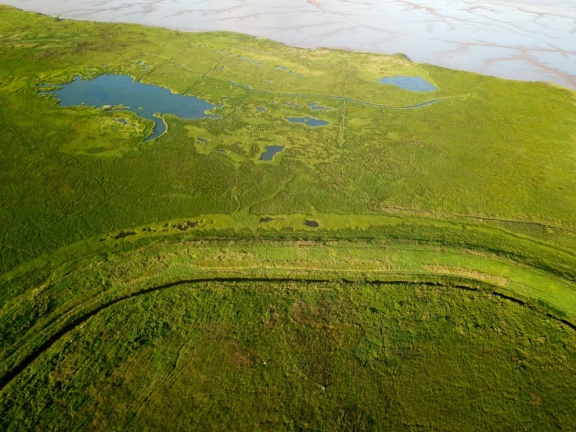
Eco-Emotions of Precarious Entanglements by Christine Jean
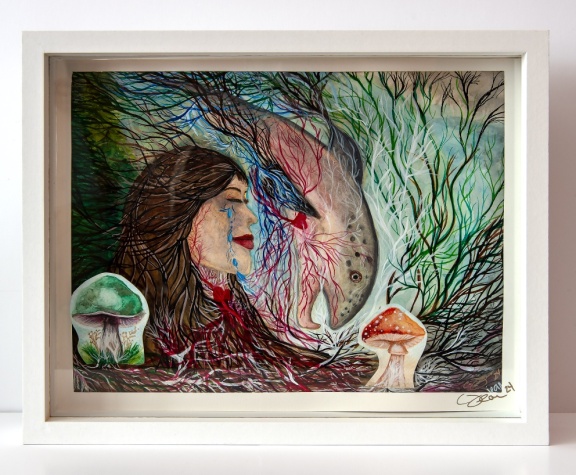
View all submissions:: https://lib.unb.ca/researchcommons/ior/contests/images-research-2024/submissions
Drop by the Harriet Irving Library Research Commons or the Hans W Klohn Commons between April 8 and 19 to view digital exhibits of the Images of Research Challenge





